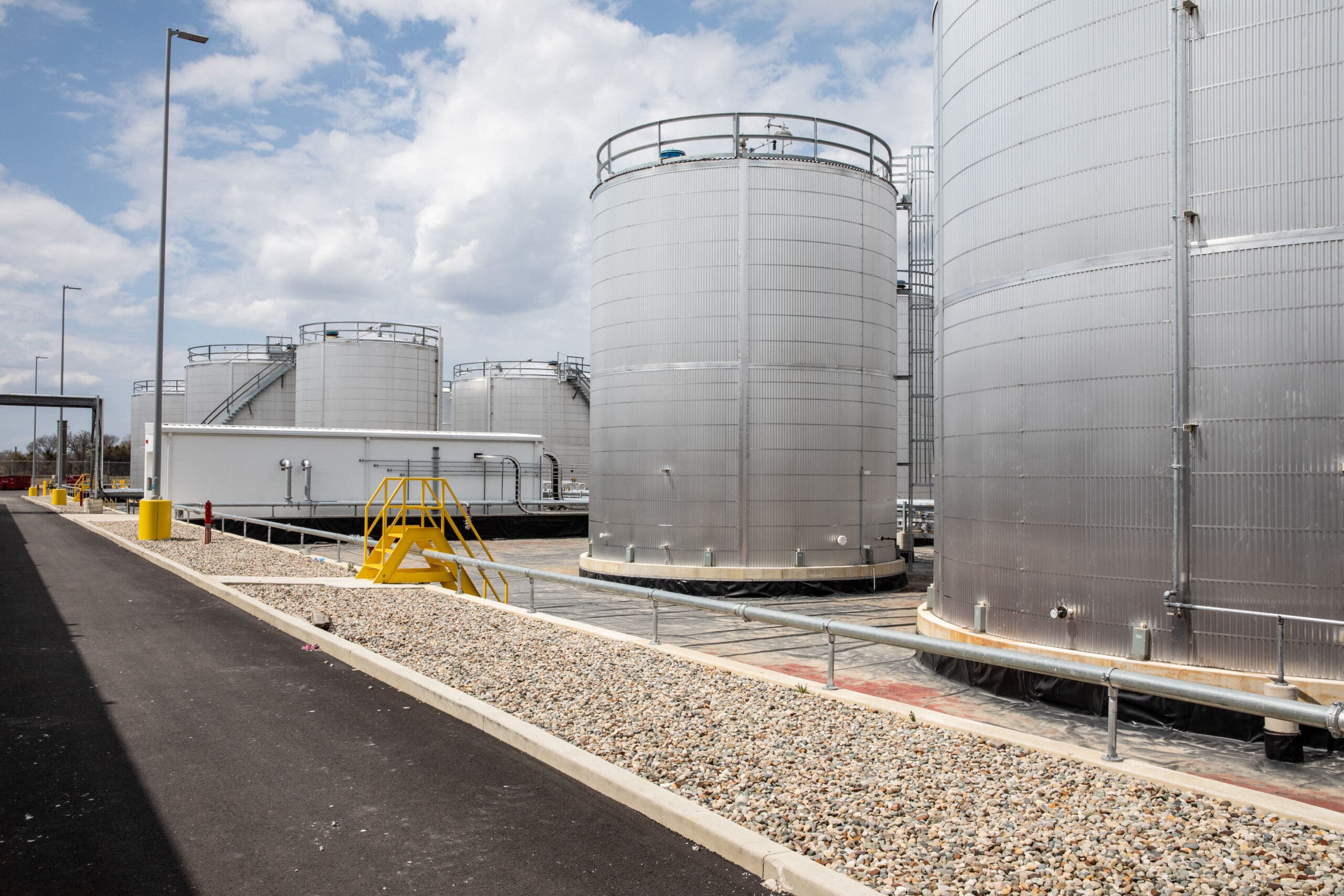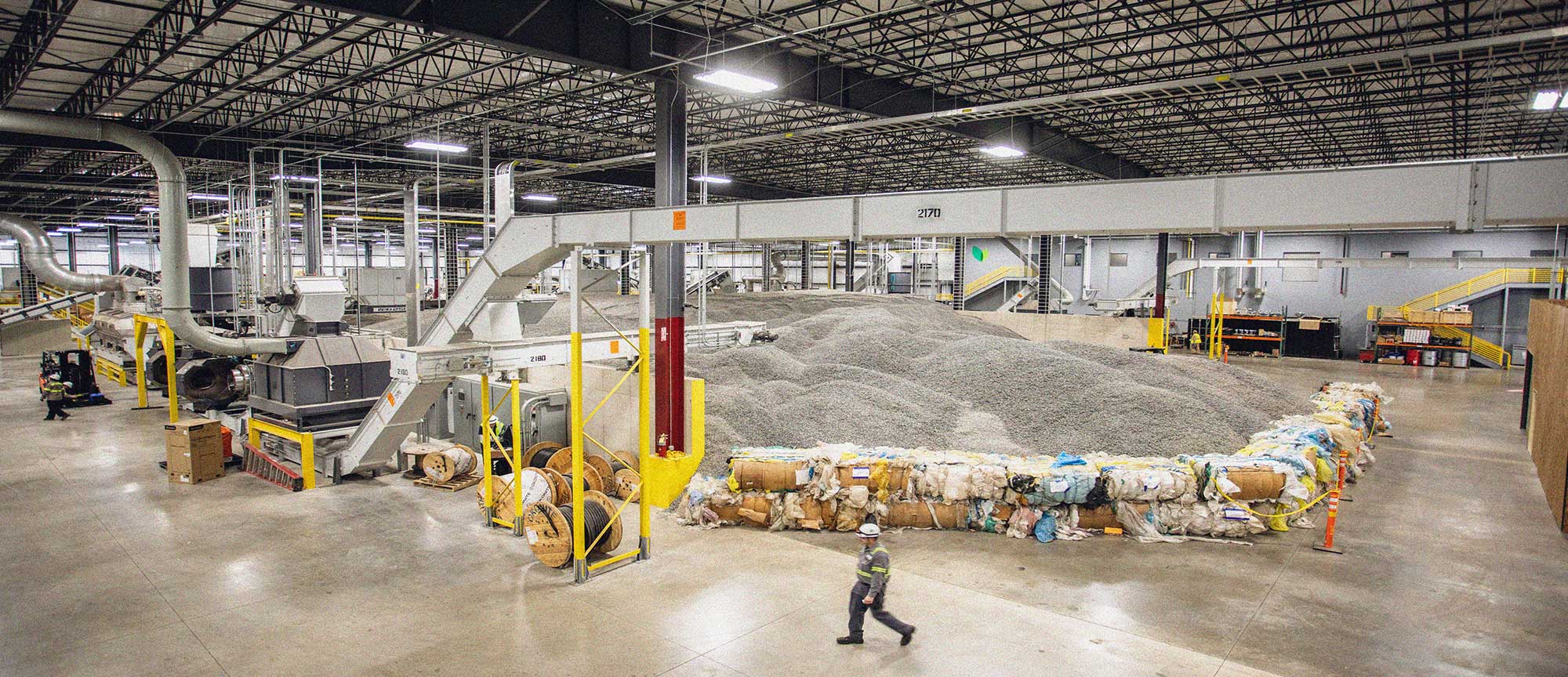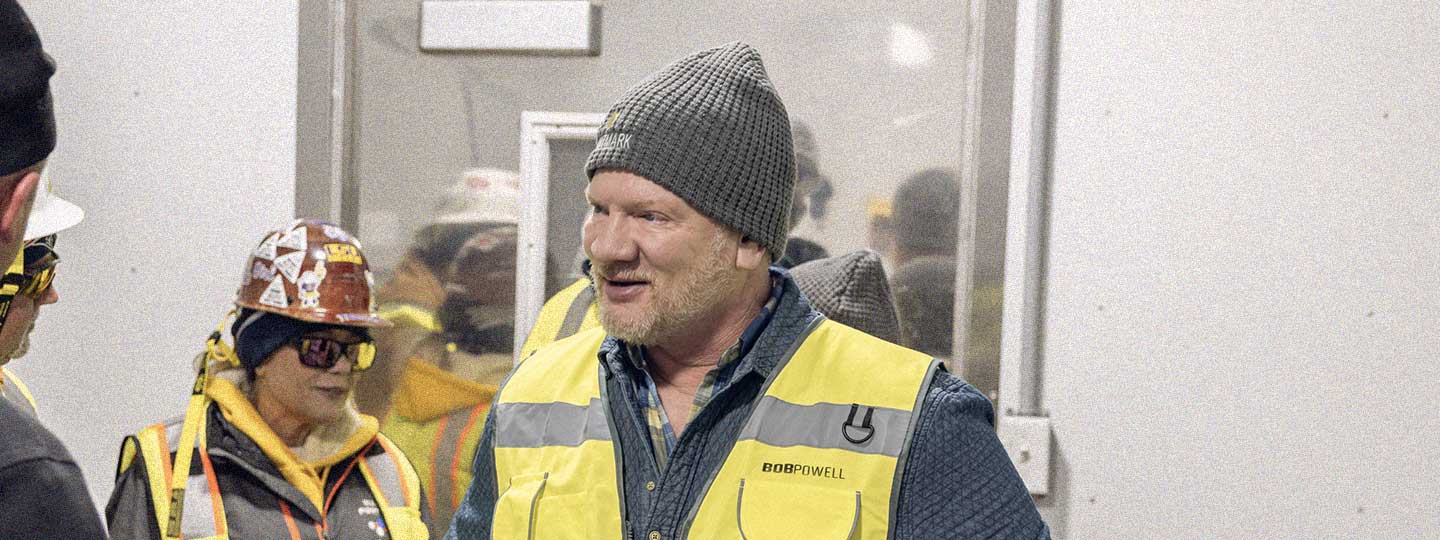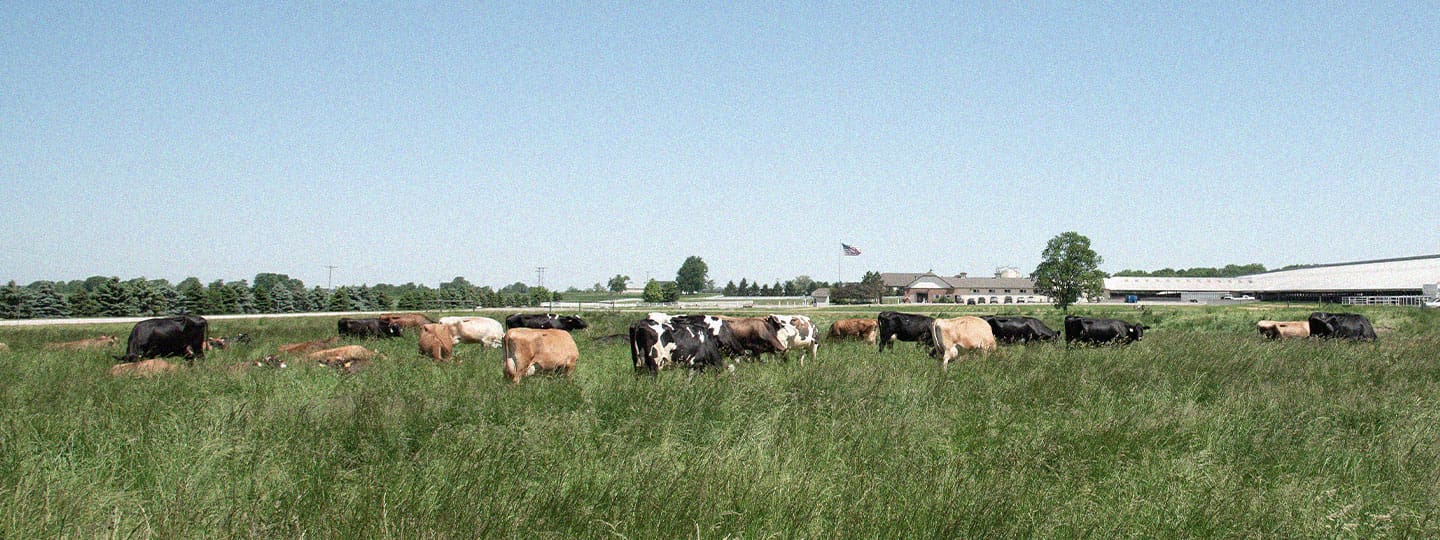Apr 06, 2021
Written by Arlene Karidis
After spending a few years making renewable natural gas (RNG) from dairy farm waste, technology developer Brightmark is expanding into plastics recycling, beginning with plans to launch a 100,000-ton-a-year facility in Ashley, Ind. Global energy giant bp is a key offtake customer.
The San Francisco, Calif.-based company will leverage a form of pyrolysis, invented by RES Polyflow, now owned by Brightmark. Brightmark has invested $260 million in the upcoming commercial-scale Indiana operation.
Bob Powell, founder and CEO of Brightmark, explains how and why the company, barely five years old, has followed the branched-out trajectory it has chosen.
“We started with RNG because we were going for where we could have the greatest environmental impact. That has been our primary goal. Organics, particularly food waste, is a major problem around the world. It creates greenhouse gas emissions, and methane is even more detrimental than CO2. Meanwhile, there’s great ability to pull methane out of the atmosphere and create RNG that is intensely negative carbon,” he says.
But as global attention to climate change heightens, so too has the attention to single-use and other post-use plastics that are entering the environment, especially the ocean.
“So, we looked at how we could use our expertise to develop economical waste solutions to address plastic waste. And we found a solution in technology that was originally patented over 15 years ago,” says Powell who has over 30 years’ experience in building and financing energy projects, both traditional forms of energy and, more recently, renewable energy.
The plastics conversion technology to be leveraged at the Indiana plant is a form of pyrolysis. It will produce fuels and petrochemicals, feedstocks that can become the building blocks of new plastics, and wax that can go into candles, polishes, food-grade waxes, and cardboard boxes, among commodities.
“With this form of pyrolysis, we can take all plastics – numbers 1 through 7 –mixed. This is important because many waste management companies are not able to sort these plastics. But these lower-cost feedstocks are a good source for us. And we have the ability to operate seven days a week, 24 hours a day, as the process is automated for maximum output.”




